How Weather Woes Led Jack Rothman to UCLA Emeritus professor, now 96, tells why he relocated his pioneering academic research on community organizing to sunny California in the 1980s
By Stan Paul
Jack Rothman was in a rut — literally.
It was winter in the early 1980s and he found himself walking down “automobile tire tracks, you know, trudging along” amid thick snow as he made his way from his job at the University of Michigan to his home about a mile away.
“Why am I doing this as a grown intelligent man living in the winter all the time? I’ve been in New York, Pittsburgh, now Michigan,” the UCLA Luskin emeritus professor recalled thinking. “First chance I get, I’m moving to warm weather, particularly California.”
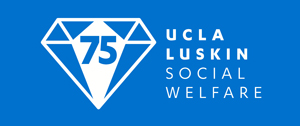 “It was January. I was writing a paper — my constant preoccupation,” Rothman said. “I hear a voice, ‘This is Dean Leonard Schneiderman, you know, school of social work at UCLA. Would you be willing to come out for an interview visit?’”
“It was January. I was writing a paper — my constant preoccupation,” Rothman said. “I hear a voice, ‘This is Dean Leonard Schneiderman, you know, school of social work at UCLA. Would you be willing to come out for an interview visit?’”
Outside his window, it was snowing. “‘You’re darn right. I’ll be out as soon as I can make it,'” he said. It was 80 degrees in Los Angeles during his interview with Schneiderman, former dean of Social Welfare at UCLA. “I had improved my temperature by 70 degrees,” Rothman said. “And that was it.”
He spent the next decade teaching, researching and writing at the Westwood campus. He has been officially retired for three decades, but Rothman’s work, influence and longstanding reputation in the field remain current, according to colleagues and former students.
“He was the first to conceptualize and describe community practice in an academic way as fundamental to the profession,” said JoAnn Damron-Rodriguez, an adjunct professor emerita of social welfare and longtime former faculty member at the Luskin School. She cited his seminal theoretical piece, “Three Models of Community Organization Practice.”
“His textbook on models of community organization became a classic with seven editions and generations of students using these practice approaches to shape their careers,” Damron-Rodriguez said.
More books followed on related areas of practice: case management, intervention research, action-directed agency and community change, community intervention and more.
“All are on a path to structural change related to the same knotty problems social workers confront today,” Damron-Rodriguez said.
Rothman is a prolific writer — with more than 25 scholarly book titles. His “Planning and Organizing for Social Change: Action Principles from Social Science Research” is one of the earliest efforts to formulate systematic, empirically based practice.
About his interest in community organizing, “I was inherently attracted from my early years to values reflecting equality, social justice and anti-racism,” Rothman said. “These ideals were embedded in my family,” who were immigrants who fled the Ukraine in 1920 during the civil war surrounding the Russian Revolution after centuries-long antisemitism.
Following military service in World War II, Rothman entered academia, completing a bachelor’s degree from City College of New York and a master’s degree from the Ohio State University.
“I started my master’s studies in 1949, almost the same time that the UCLA [Social Welfare] school started. And would you believe there were only two schools in the whole United States that had a concentration or major in community organization,” Rothman said.
“I was really on the ground floor. I decided then I would enter the field with the aspiration of expanding on the ‘Jane Addams’ social change dimension of the profession,” said Rothman, who completed his Ph.D. from Columbia University in 1960 with an emphasis on social psychology.
At the time, there were not many graduate programs in social work in the U.S., Rothman said. Today, it’s over 200. “Instead of taking [classes in] community organizing in only two schools, you could probably take it now in the majority of schools … so that’s a really big change,” he said.
‘My hope is that Social Welfare at UCLA continues along the same path and remains one of the major programs in the country.’
In 1984 — the same year Rothman came to UCLA — Marshall Wong MSW ’86 entered UCLA’s social welfare program and was among the first class to take Rothman’s course on community organizing.
Out of 70-plus MSW students in his class, 11 ended up working in the community area, said Wong, who is now a senior intergroup relations specialist for the Los Angeles County Commission on Human Relations.
“[Rothman] is an extremely modest, amiable person. At the time, I don’t think any of us had any idea of his towering reputation in the field. It took a little while for us to realize,” Wong said.
Rothman’s teaching was foundational for Wong, his classmates and colleagues.
“He really encouraged his students to draw upon their own life experiences as kind of the base for what community organizing techniques and strategies would be effective, and so there was a real, a dynamic relationship between the theoretical and practical,” Wong said.
In 2015, Rothman was honored by the Council on Social Work Education with the Significant Lifetime Achievement in Social Work Education Award and he is the namesake of an annual award for Structural Change Practice by the Special Commission to Advance Macro Practice in Social Work.
Rothman took part in Social Welfare’s 50th anniversary celebration, and he plans to be back on campus for the 75th gala celebration to help mark the program and its achievements.
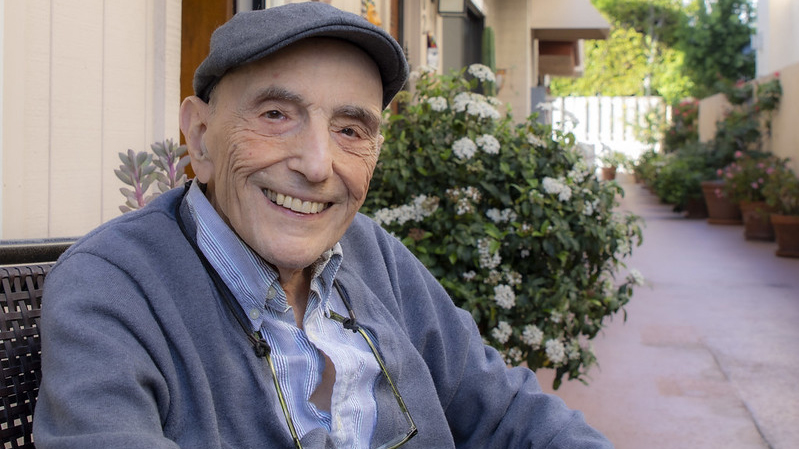
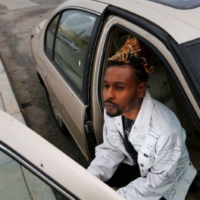
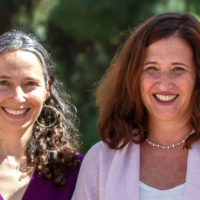
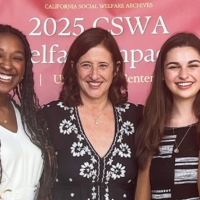


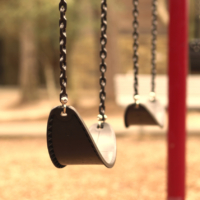



Leave a Reply
Want to join the discussion?Feel free to contribute!